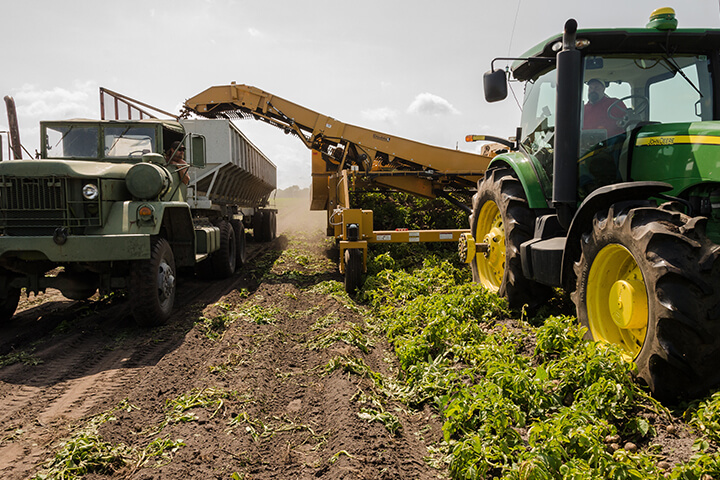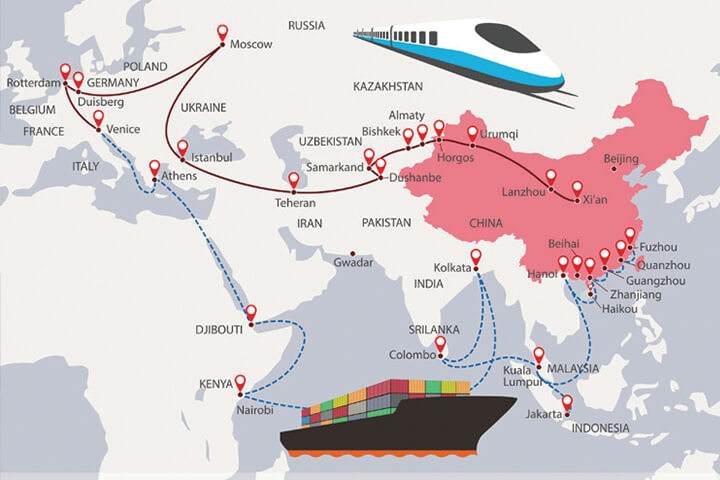Philippines: Personal Property Security Act (PPSA)

The Philippines has always been one of the most dynamic economies in the Pacific region. Its economy is composed of several sectors but heavily grounded with micro, small, and medium enterprises (MSMEs), who also happen to be one of the significant drivers of this unprecedented economic growth. However, MSMEs are still challenged with less access to funding or credit due to a lack of policies that resolves the sector’s funding barrier.
Last August 2018, President Rodrigo Duterte signed into law the Republic Act 11057, otherwise known as the Personal Property Security Act (PPSA). This law was enacted in line with the Philippines’ state policy of promoting its economic activity through increasing access to least cost credit, especially for MSME,s by establishing a unified and updated legal framework for securing obligations with personal property. Hence, this act strengthens secured transactions legal frameworks and enforces security interests or the interest in movable property.
Under this law, any property that is not land or real estate is considered personal property or movable asset. These include farming equipment and machine used in a business operation, crops or produce, warehouse inventory and receipts, accounts receivable and intangibles like intellectual property. It expands the list of acceptable assets to banks and other financial institution as collateral.
With support from the PPSA, MSMEs will have more access to credit or loans. The President has stated that this law will boost the country’s economic growth and in turn will lift the quality of life of Filipinos in both metropolitan and rural areas.
The PPSA ha also established a centralized electronic national collateral registry with the Land Registration Authority (LRA), which will help hasten the loan application process and bring transparency to all funding institutions.
Under the objective of the PPSA law, MSMEs and the agriculture sector will have better access to funding using the expanded list of assets indicated in this law. It is also expected that there will be a growth of financing services available for different sectors in the country.
The creation of the movable asset registry will hasten the processing of security interests. Perfection of such security interests may be by registration of a notice with the registry, possession of the collateral by the secured creditor or control of investment property and deposit account.
In the words of World Bank’s report, a centralized collateral registry will enable financial institutions to make more informed decisions in lending. Moreover, R.A 11057 will transform the Philippines’ financial systems as it helps financial institutions to diversify assets.
References:
Securing obligations with movable assets. (2018, September 16). Retrieved February 28, 2019, from http://tribune.net.ph/index.php/2018/09/17/securing-obligations-with-movable-assets/
Previous Next Philippines: New Personal Property Security Act. (2018, October 17). Retrieved February 28, 2019, from http://www.iflr.com/Article/3839008/Philippines-New-Personal-Property-Security-Act.html
PRRD signs Personal Property Security Law. (2018, May 09). Retrieved February 28, 2019, from https://www.dof.gov.ph/index.php/prrd-signs-personal-property-security-law/
Kabiling, G. (2018, August 21). Duterte signs new law allowing use of other personal properties as bank collateral. Retrieved February 28, 2019, from https://news.mb.com.ph/2018/08/20/duterte-signs-new-law-allowing-use-of-other-personal-properties-as-bank-collateral/
Collateral Registries: A Smart Way to Expand Access to Finance. (n.d.). Retrieved March 1, 2019, from https://www.ifc.org/wps/wcm/connect/news_ext_content/ifc_external_corporate_site/news and events/news/impact-stories/collateral-registries-smart-way-to-expand-a2
Previous Post Next Post





